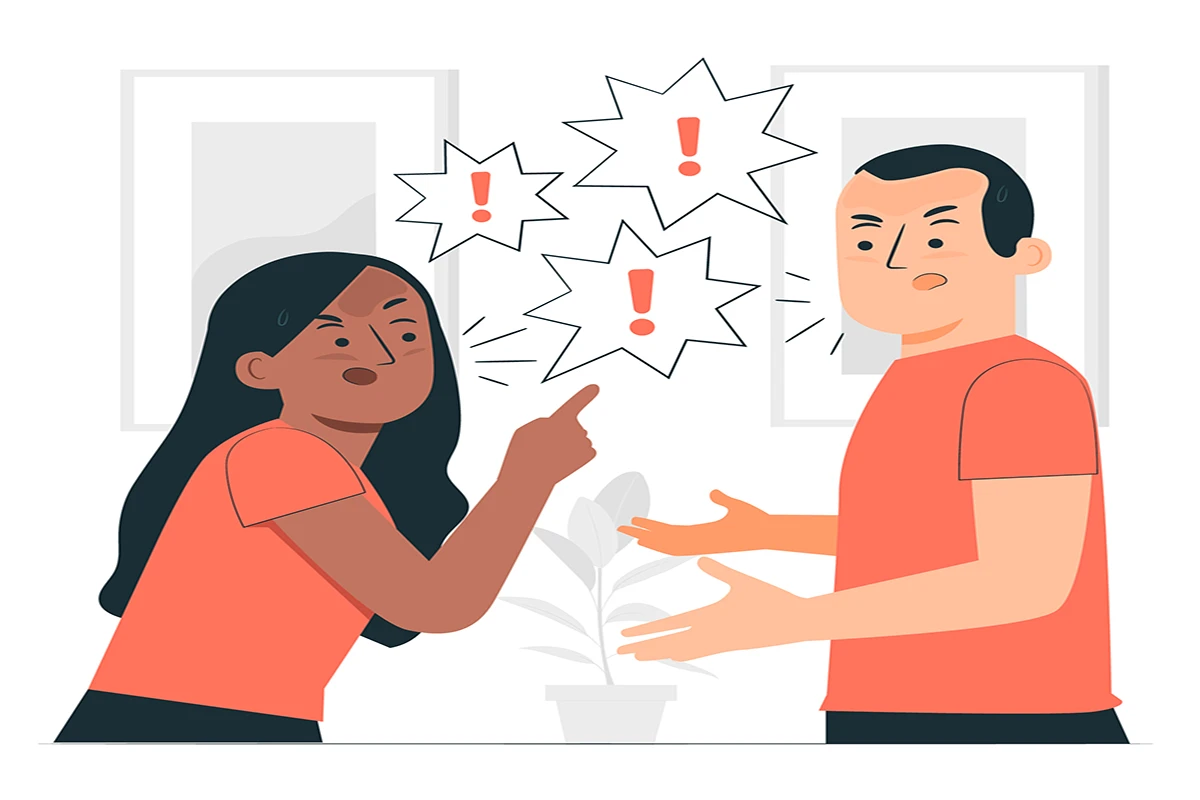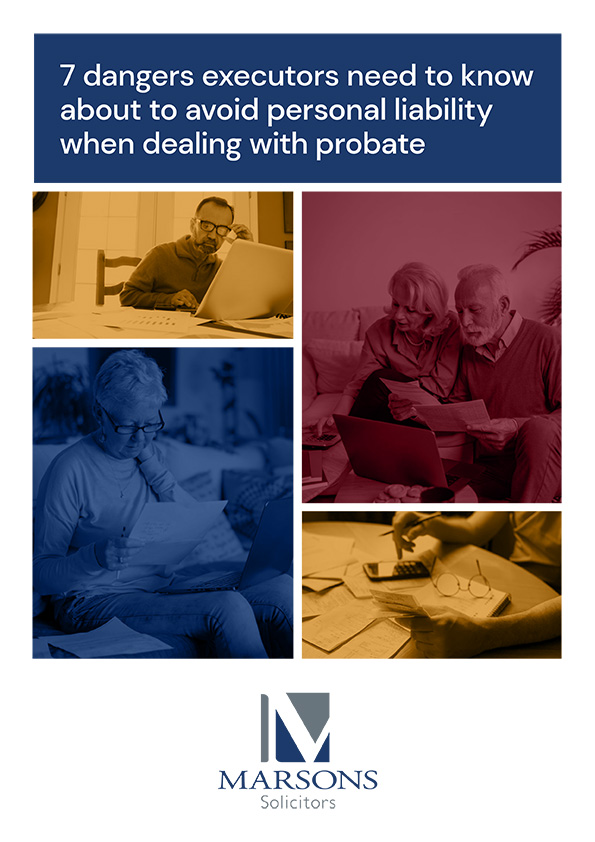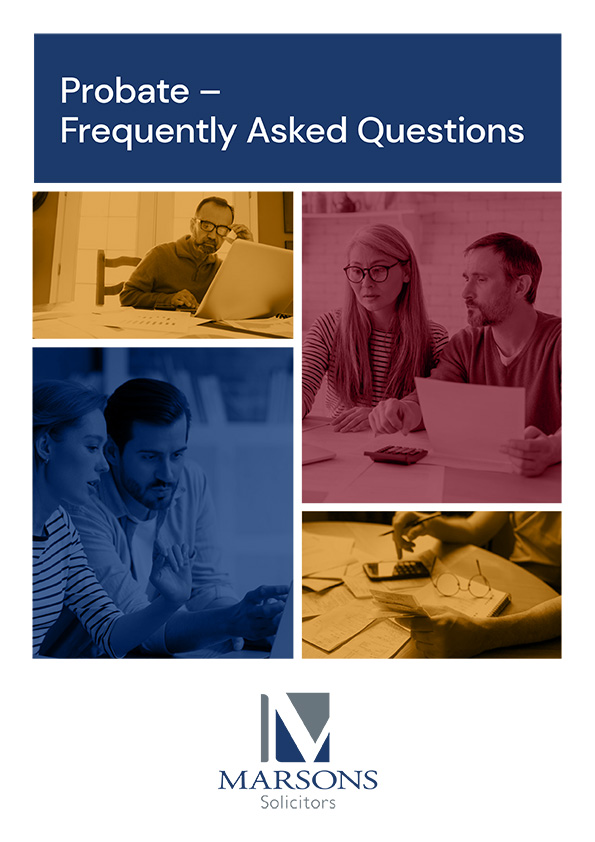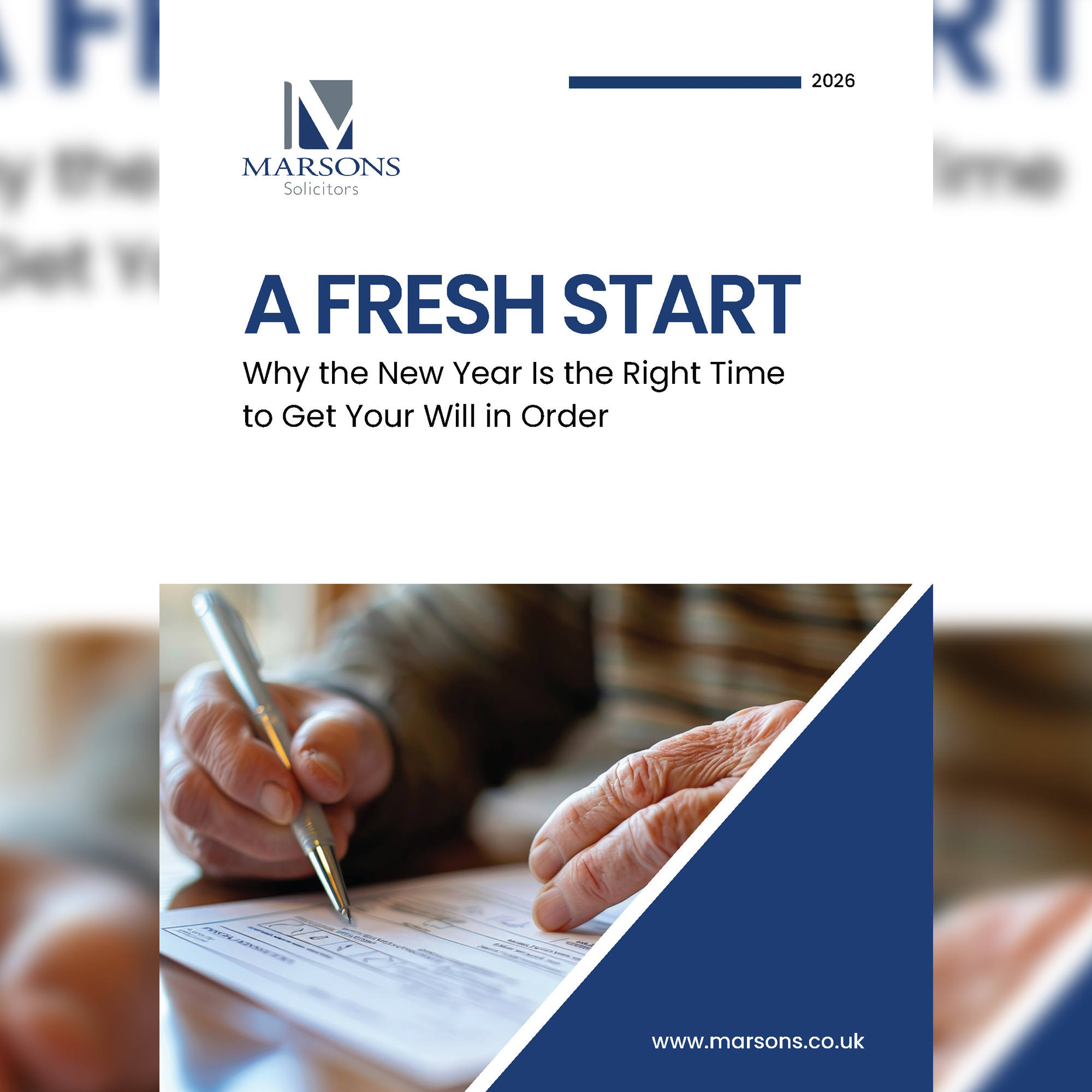Can a Will Be Contested? What You Need to Know

When a loved one passes away, sorting out their estate can be difficult enough even when everything goes smoothly. But when concerns arise over the contents of the Will, or how the estate is being distributed, the situation can become even more distressing.
At Marsons Solicitors, we have extensive experience helping families with inheritance disputes whether it’s questioning the validity of a Will, challenging poor drafting, or ensuring fair provision has been made for dependants.
Here’s what you need to know about when and how a Will can be contested and what your options are if you’ve been left out or feel the Will is unfair.
Grounds for Challenging a Will
Not every Will reflects the true wishes of the person who made it. In some cases, errors, poor advice, or even undue influence may have affected the contents. You may have grounds to challenge a Will if:
1. The Will Is Not Legally Valid
There are strict legal requirements that must be met for a Will to be considered valid. These include:
● It must be in writing.
● It must be signed by the person making the Will.
● That signature must be witnessed by two independent people who are also present at the same time.
If the Will was not signed or witnessed properly, or if there are concerns about the mental capacity of the person when they made it, you may be able to challenge it.
2. The Will Was Poorly Drafted
Even when a Will is legally valid, mistakes made during the drafting process can cause confusion, inconsistency, or fail to reflect what the deceased actually intended.
If the Will was prepared by a solicitor, will writer, or other professional and has resulted in loss due to errors or ambiguity, you may be entitled to bring a professional negligence claim.
3. The Will Doesn’t Make Adequate Provision
If you were financially dependent on the deceased and were left out of the Will, or received far less than expected, you may have a claim under the Inheritance (Provision for Family and Dependants) Act 1975.
This allows certain individuals (such as spouses, civil partners, children, or people who were financially supported by the deceased) to apply to the court for a share of the estate, even if they were not named in the Will.
Who Can Contest a Will?
Not everyone can challenge a Will. Typically, you must be:
● A spouse or civil partner of the deceased
● A former spouse or partner who has not remarried
● A child or stepchild
● Someone who was financially dependent on the deceased
● A person who has acted to their own detriment relying on a promises to be provided for but let down by little or no provision in the Will
● Someone entitled to inherit under intestacy rules if there was no valid Will
Time Limits for Contesting a Will
Different types of inheritance disputes have different time limits. For example:
● Claims under the Inheritance Act 1975 must usually be brought within 6 months from the date of the grant of probate.
● Challenges to the validity of a Will have no strict deadline but should be made as soon as possible to avoid complications.
If you believe you may have a claim, it’s vital to act quickly and get legal advice.
What to Do If You Think There’s a Problem
If you’re concerned about the contents of a Will, or suspect that you’ve been unfairly excluded, or if you're an executor facing a challenge to the Will, it’s important to seek legal advice before taking any action. Disputes over inheritance can be complex, sensitive, and highly emotional. Our experienced solicitors can assess your situation and advise you on the best course of action.
How Marsons Solicitors Can Help
We help with a wide range of inheritance disputes, including:
● Challenging the validity of a Will
● Claims for professional negligence where a Will was badly drafted
● Claims for reasonable provision under the Inheritance Act
Whatever your concern, we’re here to offer clear, compassionate advice to help you protect your rights and secure the inheritance you’re entitled to. You may also find our free downloadable Probate guides useful, and you can download those here.
For more information on our services, keep up to date with what we’re up to on social media: Facebook, Instagram, Twitter and LinkedIn.
Resources
7 Dangers Executors Need to Know










